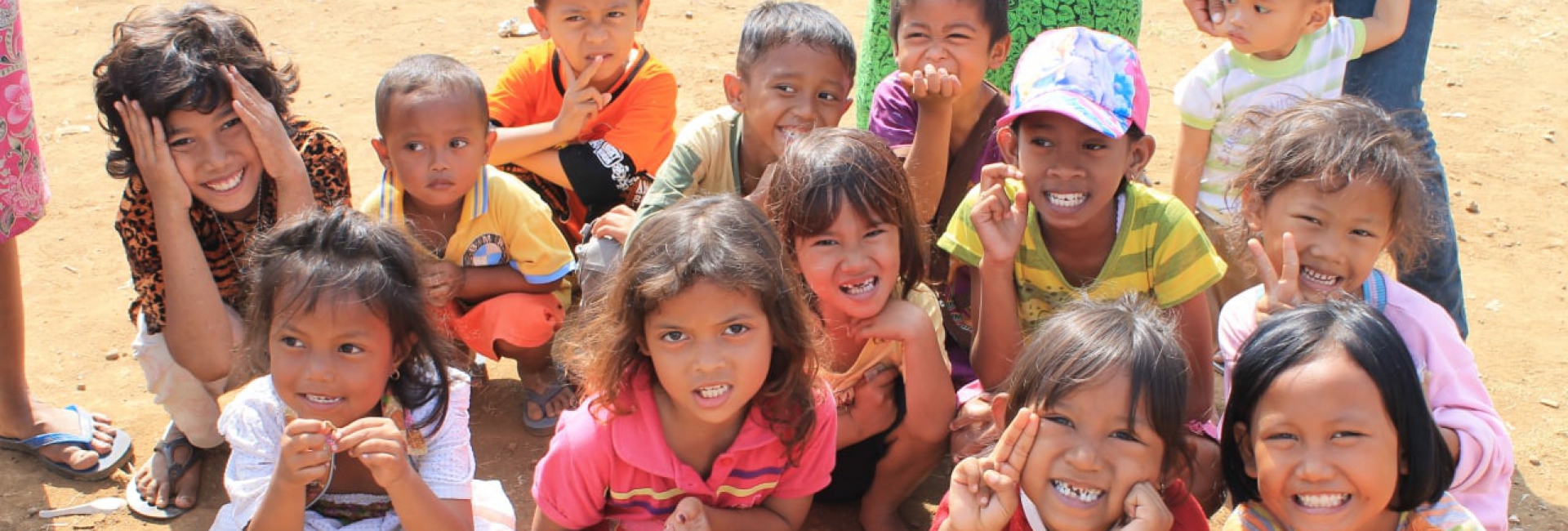Research on child issues is one key component in promoting evidence-based policies for children. All efforts to advocate for the rights of all children in all situations can only be achieved if they are supported by reliable evidence and knowledge gained through accessible quality data. Most importantly, however, we can use the findings of the research on child issues to generate useful and concrete policy recommendations for the government and other related stakeholders.
As a world-leading organization focusing on the protection of child rights, UNICEF has been increasingly directing its attention to promote the implementation of research evidence on child issues. UNICEF would like to take this forward by developing and implementing one research agenda through a partnership with a local research institution, combined with technical support from UNICEF and international experts. The research agenda will focus on current child issues and knowledge gaps most relevant to UNICEF and key government partners.
The research agenda will be implemented through the partnership (Programme Cooperation Agreement/PCA) with The SMERU Research Institute. This cooperation aims to improve the government and other stakeholders’ understanding of specific child issues in Indonesia, especially those that need to be further explored in order for the government to design the right policy interventions.
The main objective of this cooperation is to continue to facilitate the generation and use of evidence in mainstreaming child issues into related policies and programs in Indonesia. The partnership between SMERU, as a knowledge producer, and UNICEF, which is focused on child rights advocacy, is expected to provide a stronger and more effective advocacy base for improving child well-being in Indonesia.
This cooperation specifically aims to conduct the following six studies/activities.
- Analysis of Monetary and Multidimensional Child Poverty
The research aims to generate evidence on child poverty to support policymakers to make informed decisions and monitor the changes in child poverty situation. To achieve this purpose, we seek to (i) understand the level of monetary child poverty, the depth of multidimensional deprivation among different age groups of children in Indonesia, the link between monetary and multidimensional poverty, and children’s experience of poverty and how it differs from that of adults; as well as (ii) co-create practical recommendations to eradicate child poverty. This study also includes an additional analysis related to the COVID-19 pandemic to understand (i) the extent of movements into and out of poverty over a six-month period during the pandemic, (ii) the role of social protection in tackling child poverty and vulnerability during the pandemic, and (iii) children’s perception of the impact of the pandemic on child poverty.
- Policy Dialogues on Subjective Well-Being in West Java Province
The policy dialogues aim at generating key recommendations on how to (i) integrate subjective well-being measurement into the subnational planning and (ii) put it as one statistical data collection exercise to monitor the impact of the development on child subjective well-being.
- The Drafting of a Working Paper on Child Well-Being Index (CWBI)
A solid working paper needs to be produced as the basis for further advocacy with the national and subnational governments for the adoption of CWBI in Indonesia.
- The Impact of the COVID-19 Pandemic on the Progress of SDGs for Children
The COVID-19 pandemic has brought about the urgency to monitor the progress of SDGs for children. This research aims at generating evidence and recommendations for the policymakers and development actors to adopt and implement appropriate actions to ensure that Indonesia meets the global targets for children by 2030.
- Analysis of the Results of the Second Survey on the Socioeconomic Impact of the COVID-19 Pandemic in 2021
UNICEF will provide technical support for Statistics Indonesia (BPS) to implement the second round of the survey on the impact of the COVID-19 pandemic on households’ socioeconomic condition. This study is intended to provide an analysis of the longitudinal data and coverage of social assistance programs.
- Landscape Analysis of Children with Disabilities
The landscape analysis aims at better understanding the regulatory framework, policies, and programs in all sectors related to children with disabilities to identify the challenges, barriers, and bottlenecks within the enabling environments and services that hinder significant improvement in the development outcomes for children with disabilities.
The majority of the studies will employ mixed methods, i.e., the combination of quantitative and qualitative approaches. The research team from SMERU will first perform quantitative data analysis. The quantitative data will be collected from a household survey and secondary data analysis. Meanwhile, the qualitative data will be collected from in-depth interviews and focus group discussions (FGD) to complement and explain the results of the quantitative data analysis.





